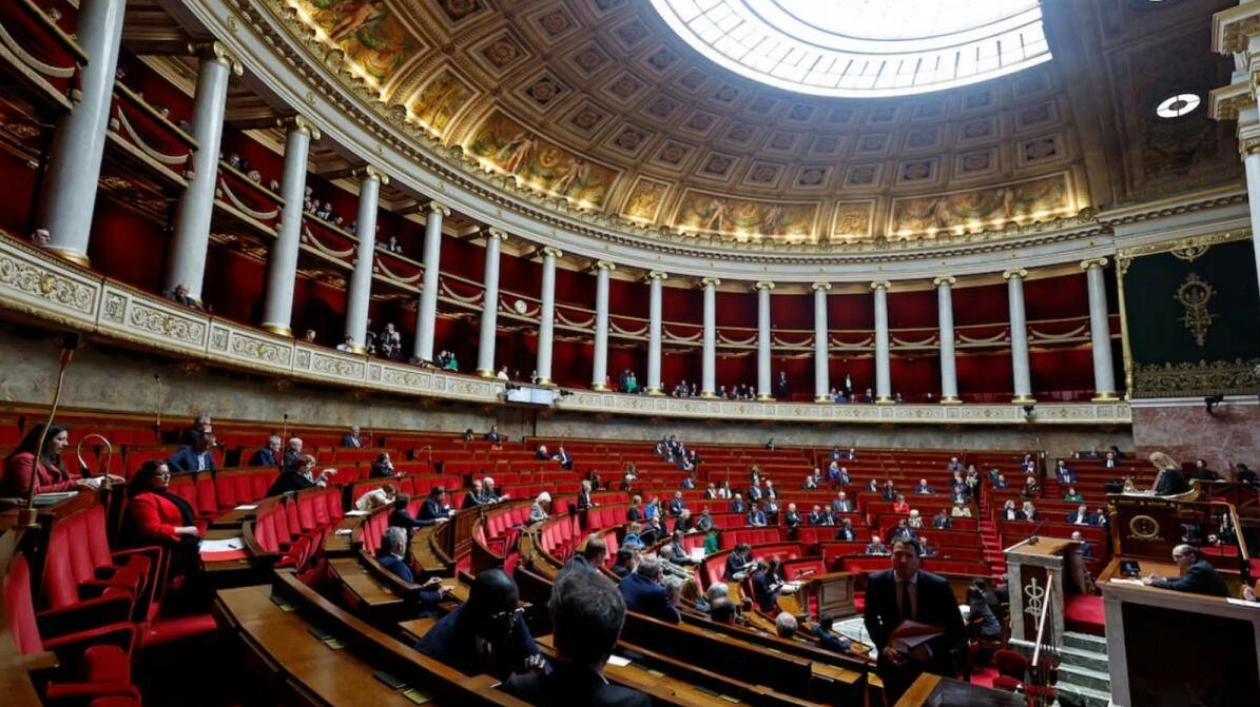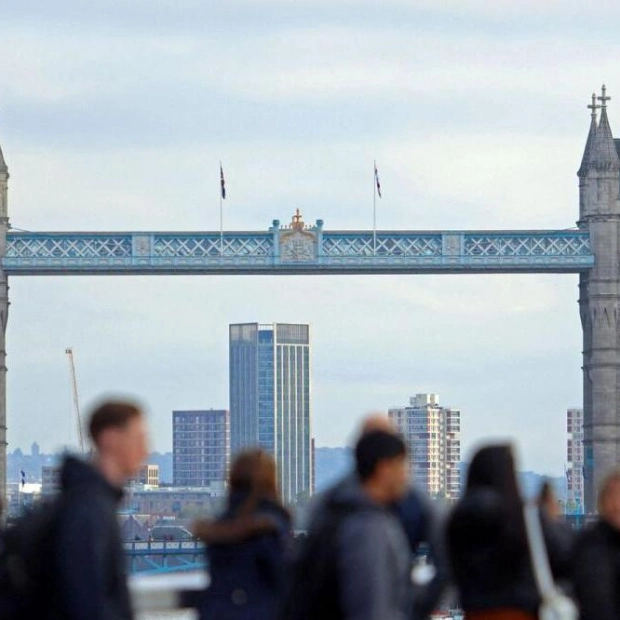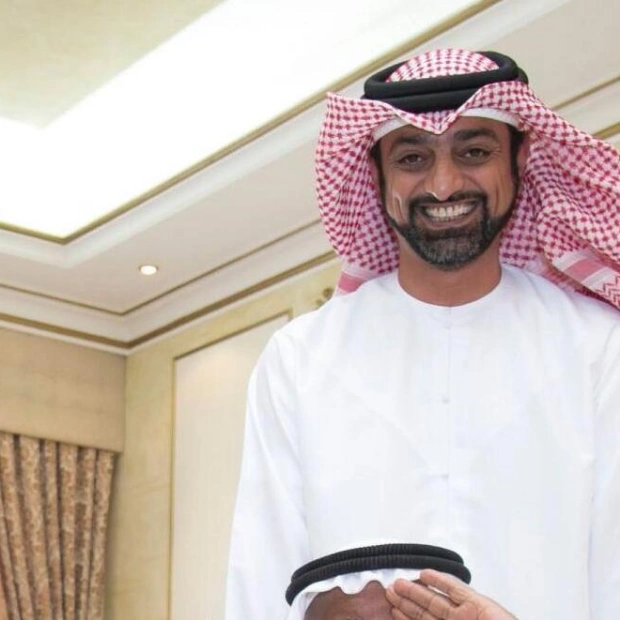On Tuesday, French political parties were scrambling to form potential new alliances ahead of a snap election, where polls indicate Marine Le Pen's far-right party is poised to emerge victorious. Following President Emmanuel Macron's announcement of the lower house of parliament election dates, June 30 and July 7, due to a significant defeat in the European Parliament vote, the euro and French stocks and bonds experienced a downturn. Le Pen's National Rally (RN) led the initial poll on Monday, though it indicated they might not secure an absolute majority. In the absence of a single party winning an absolute majority, the leading party may seek alliances, a strategy RN is actively pursuing. However, mainstream parties might unite to counter this. Edouard Philippe, a former prime minister under Macron, urged moderate forces from Socialists to conservatives to collaborate, stating on RTL radio, 'We have to accept the idea we need to work with others. Let's together build something in the country's interest.' Yet, the longstanding French political consensus to unite against the far right, once robust but now weakened, seems increasingly tenuous. Eric Ciotti, leader of the conservative Les Republicains (LR), vehemently opposed Philippe's call on X, stating, 'Never with us!' RN president Jordan Bardella, already attempting to recruit LR members and potentially supporting some in the election, seized the opportunity to challenge LR on RTL radio, urging them to cease being 'Emmanuel Macron's political crutch.' Meanwhile, France's fragmented left-wing parties committed to collaborating and nominating joint candidates, though a formal agreement is yet to be reached. In a late Monday joint statement, the Socialists, Greens, LFI (France Unbowed), and Communist parties pledged to 'present an alternative to Emmanuel Macron and combat the racist project of the far right.' Greens senator Yannick Jadot emphasized on France Inter radio the historical significance of this moment, calling for 'action, an electro shock, and a first step will be this union.' Despite the unpredictability of the ballot's outcome, a victory for the left appears unlikely, though they might influence the selection of the prime minister. The RN advocates for protectionist 'France first' economic policies and a drastic reduction in immigration, proposing measures such as restricting childcare benefits to French citizens and revoking residency for unemployed migrants after a year. Despite high levels of French debt, they also suggest increasing public spending, potentially raising funding costs for banks. Rating agency Moody's noted the election could impact the country's credit rating, citing political instability as a credit risk given the fiscal challenges the next government will face. Finance Minister Bruno Le Maire appealed to business leaders to campaign against the far right, urging involvement from various sectors, stating on BFM television, 'People have got to get their hands dirty, it's the most important election since 1958.' An IFOP survey released on Tuesday indicated that 36% of polled citizens were hoping for Le Pen's movement to win. Parties must submit their candidates by the end of the week.

Text: Lara Palmer
11.06.2024
Marine Le Pen's Far-Right Party Leads in Polls, Prompting Urgent Alliance Talks Among Rivals





